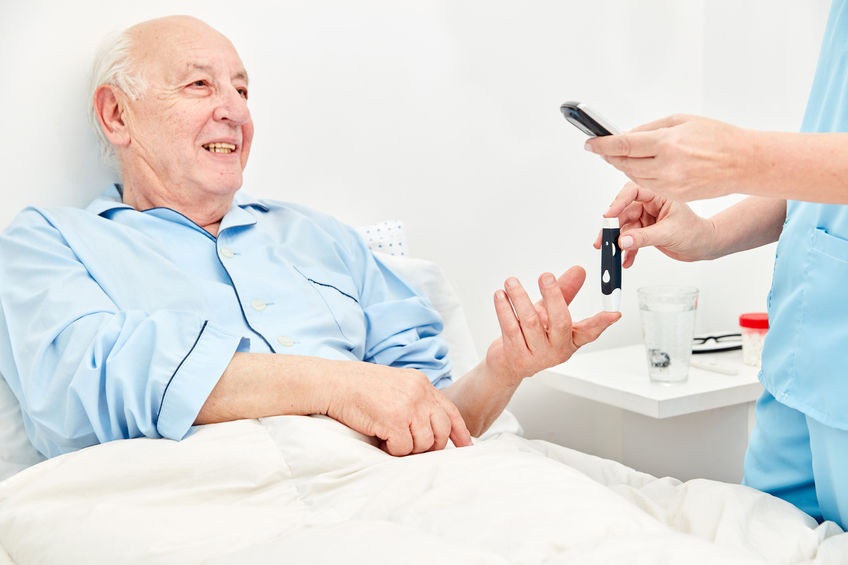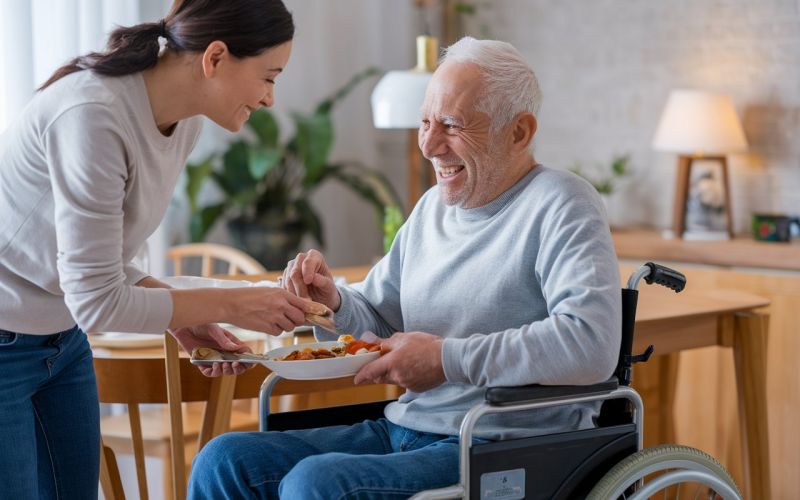Hospitalization: The Role of a Caregiver
The iSavta Team | 13.11.2019

One of the major roles of a Caregiver is to attend to the immediate need of his patient. Most Caregiving set up are living in or live-in caregiving wherein the role of a caregiver doesn’t end on changing diapers, feeding, giving medications and bath. Live in caregivers also take care of the house as a whole. Most caregivers are also cleaners, cook and even personal assistants to their patients.
But when it comes to hospitalization of confinement to any medical facilities, the role of the caregiver is limited to assisting alone. The medications and hospital routines are mostly performed by professional medical nurse, hospital aid and even doctors.
Nonetheless, the caregiver is still an important part of the healthcare team. All important information can only be obtained from the Caregiver from the timeline of events up to the last meal or medication the patient took. Without the caregiver, there’s no way the hospital medical team would be able to give a diagnosis and know what to do.
On the other hand, the caregiver must also reach out to the medical team that are taking care of the patient. The nurses are your major point of contact. They will be able to make you understand the current condition of your patient as well as set proper expectations with you and your patient’s family. The nurses and doctors can give you proper instructions on how to do your responsibilities well for the welfare of your patient.
When it comes to organization, you will be responsible for everything that your patient’s needs. Whether it is about the documents that the family needs to sign, medications to buy or simply the clothes, toothbrushes, diapers and other personal things that your patient needs.
While you have less responsibilities at the hospital than at home, those responsibilities are crucial and utterly important. The fact that your patient is in the hospital, it only suggests that there’s something wrong with his/her that cannot be solved by mere out of the counter medications at home.
It is very important for the caregiver to be alert and smart. Do not forget to take care of yourself as well. Wear mask and wear gloves if necessary. Always wash your hands and clean yourself when you get home from the hospital. It is very important for you not to get sick while your patient is in the hospital as you will not be allowed to take care of him/her if you caught something contagious like viral diseases such as flu.












